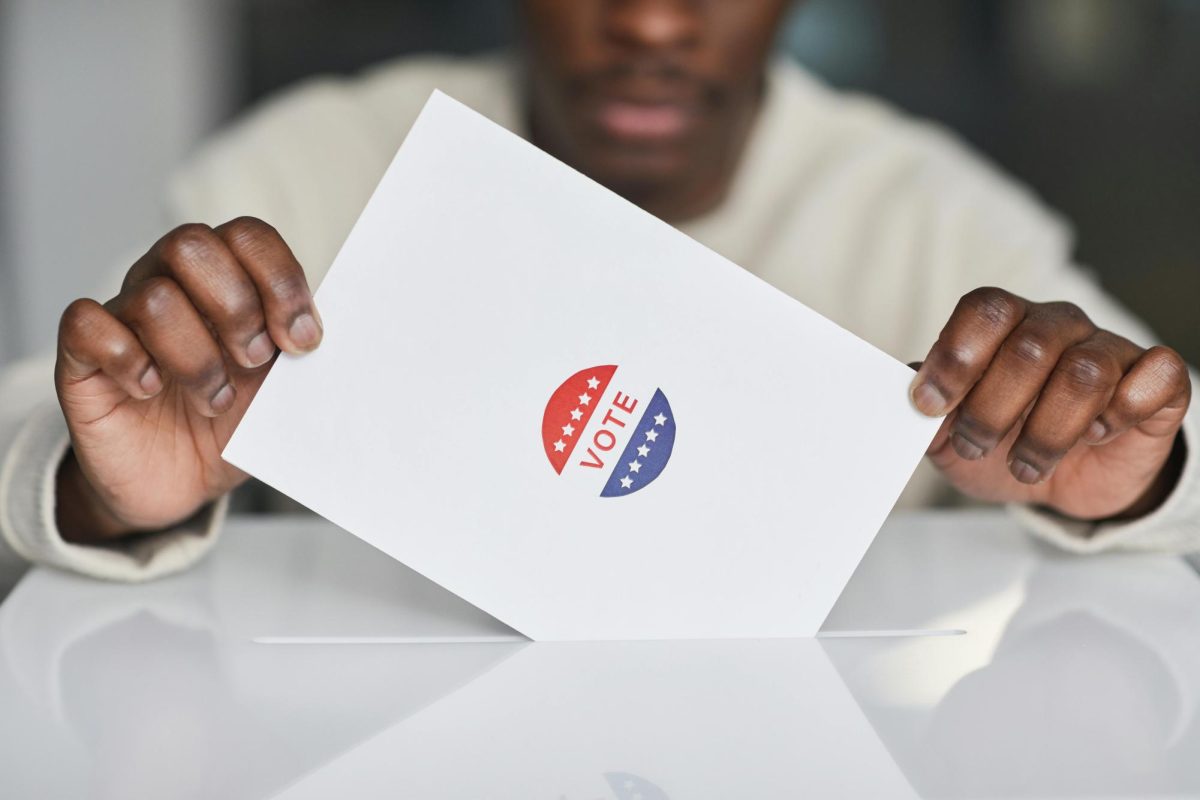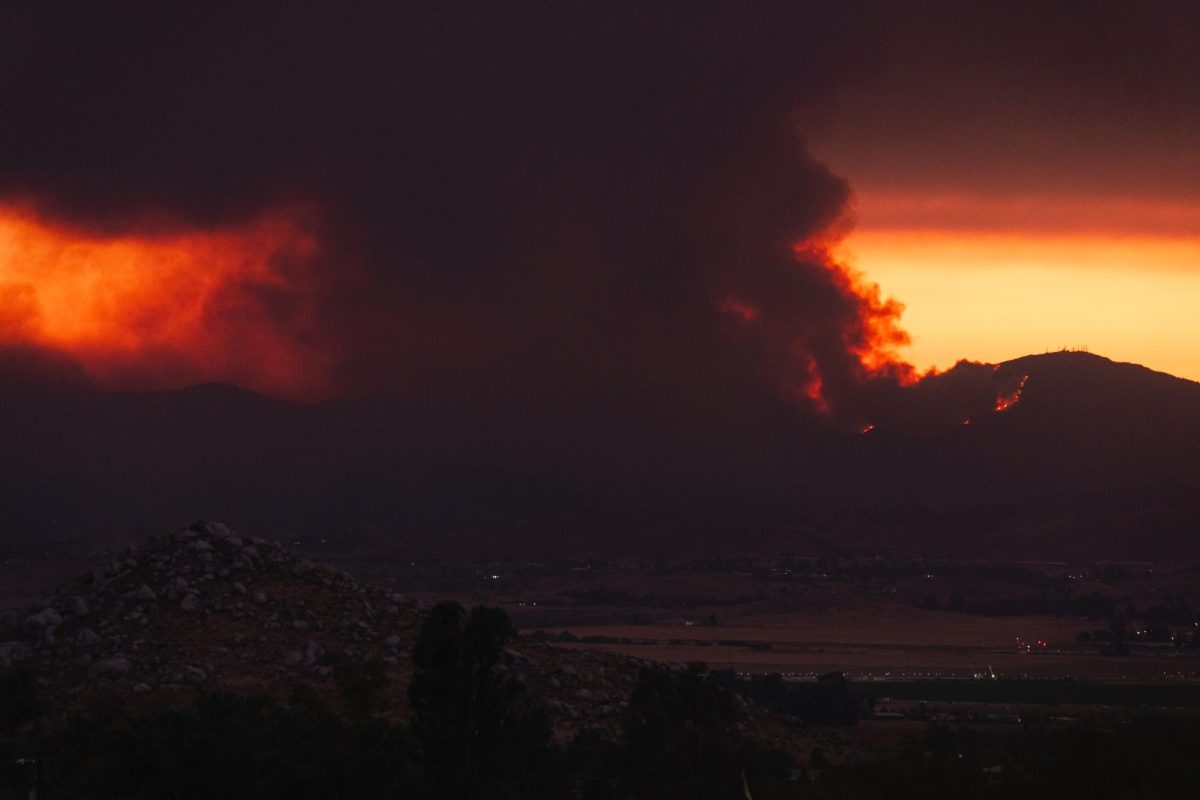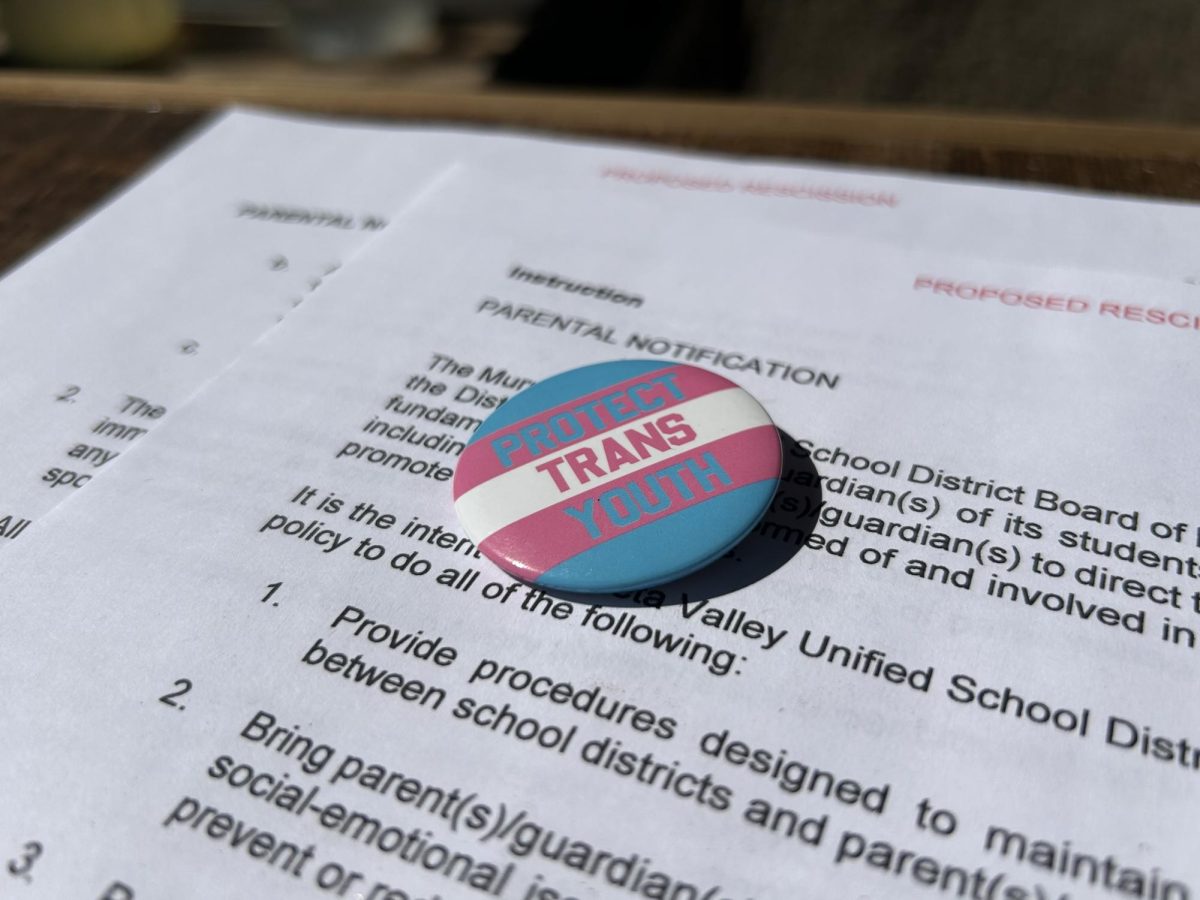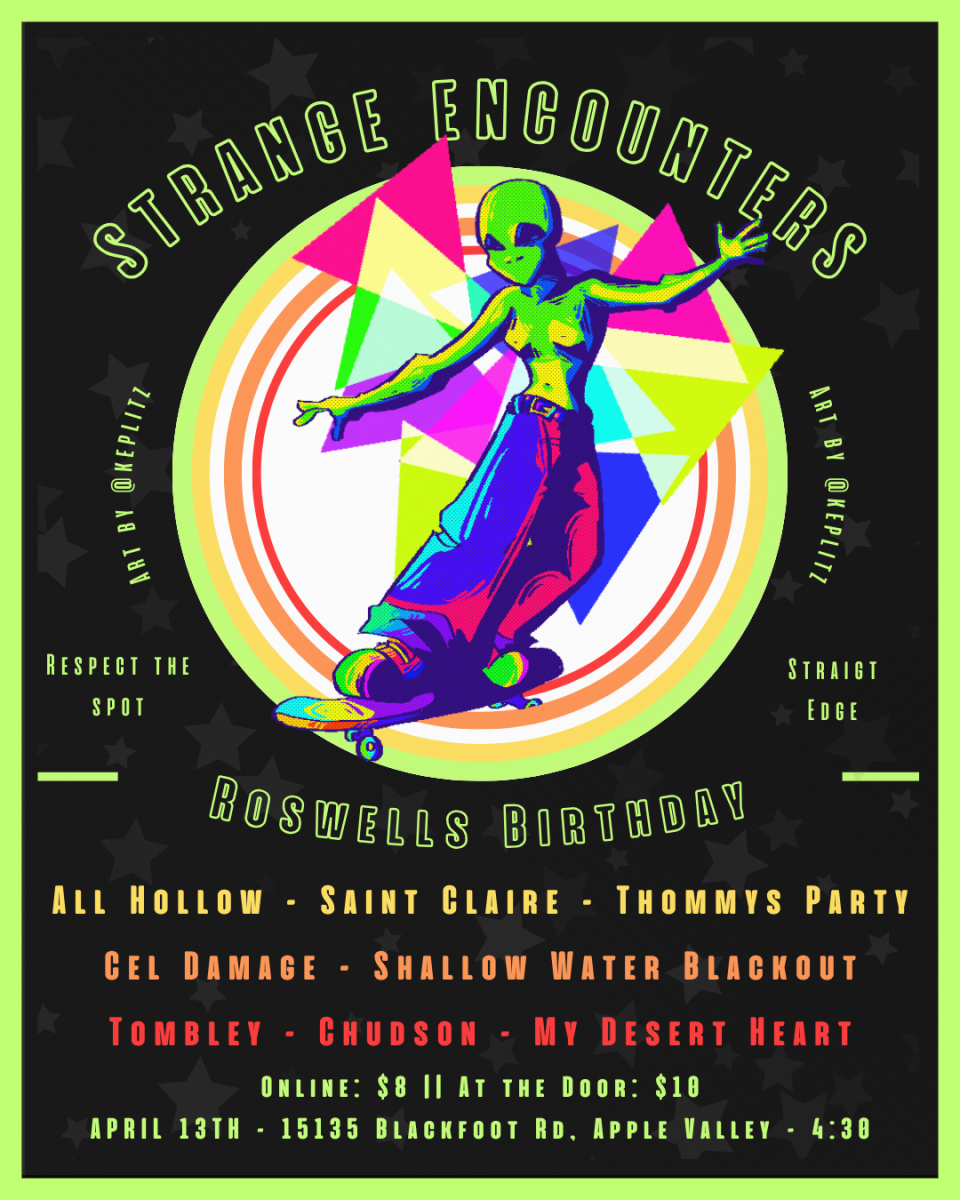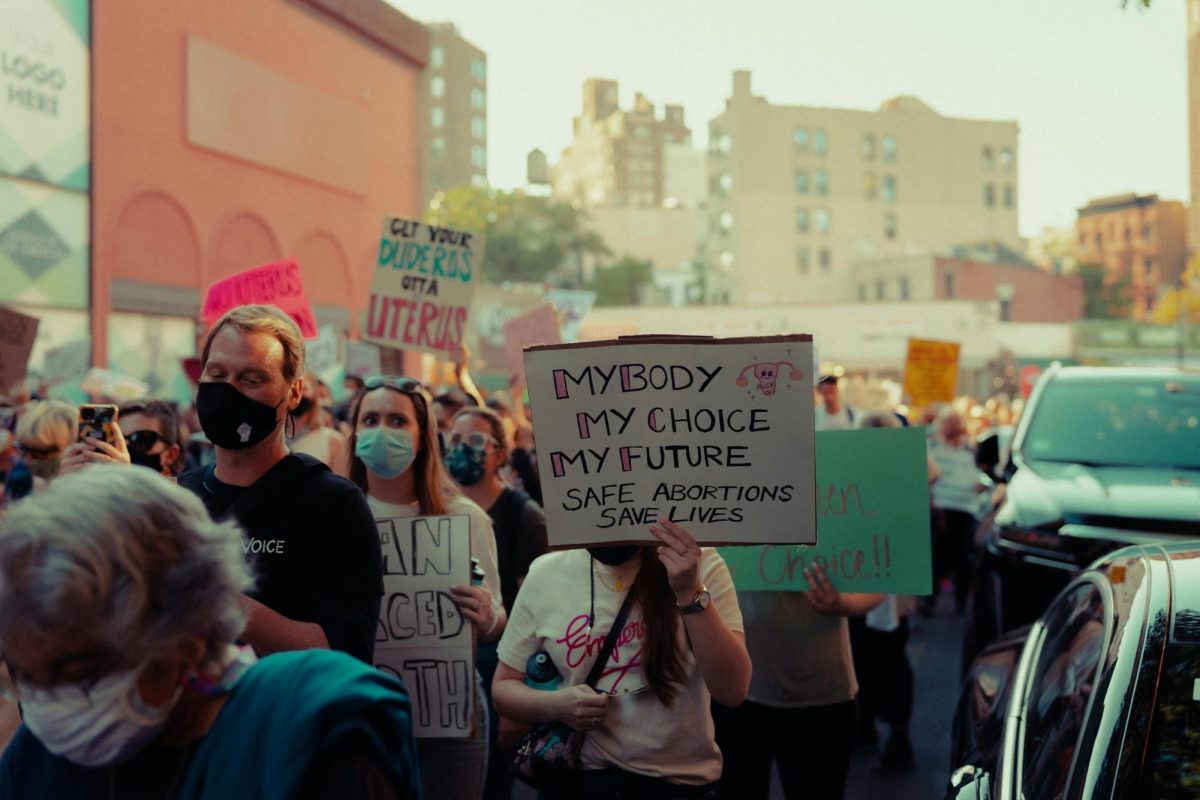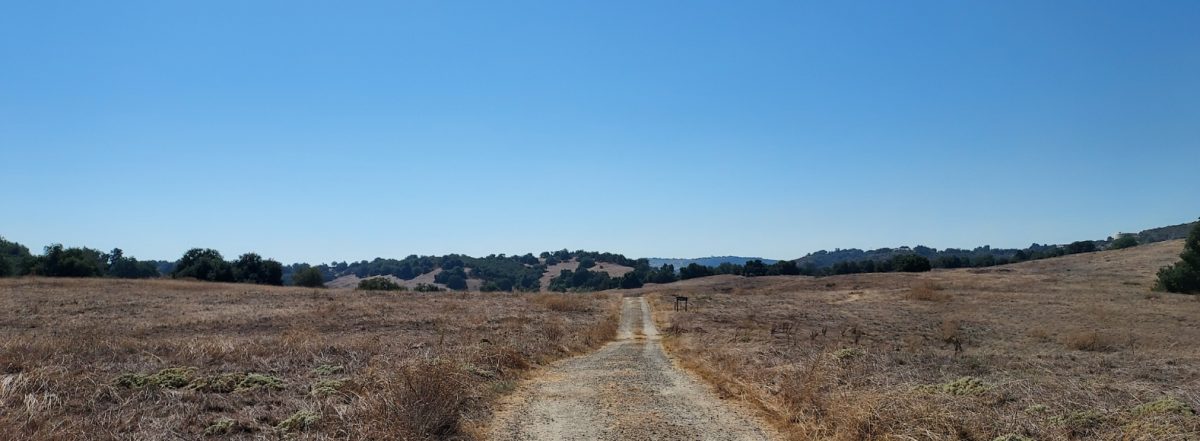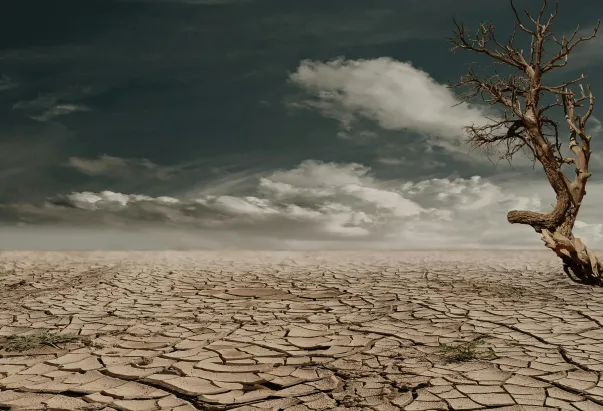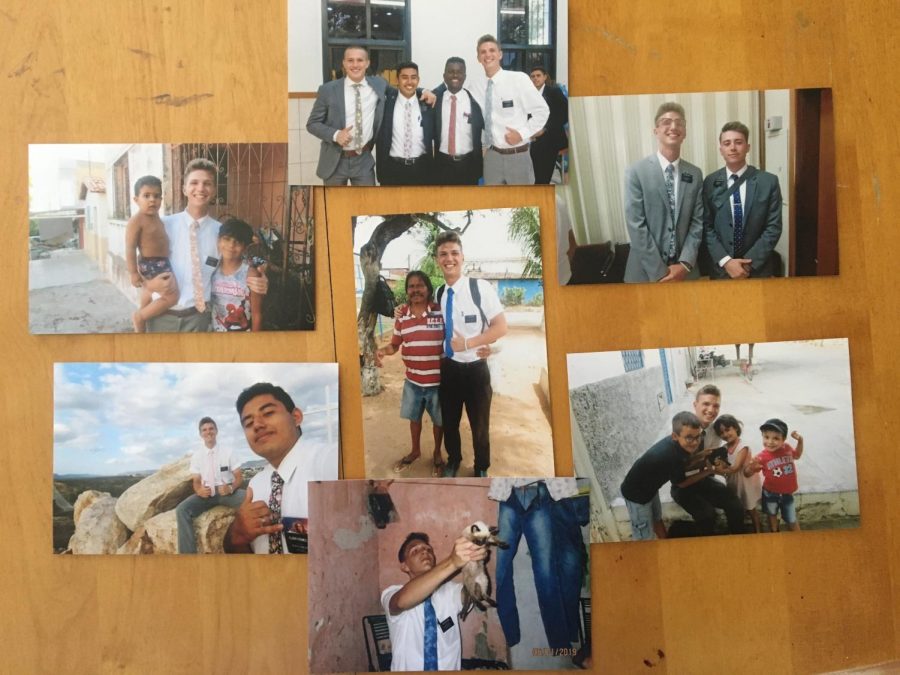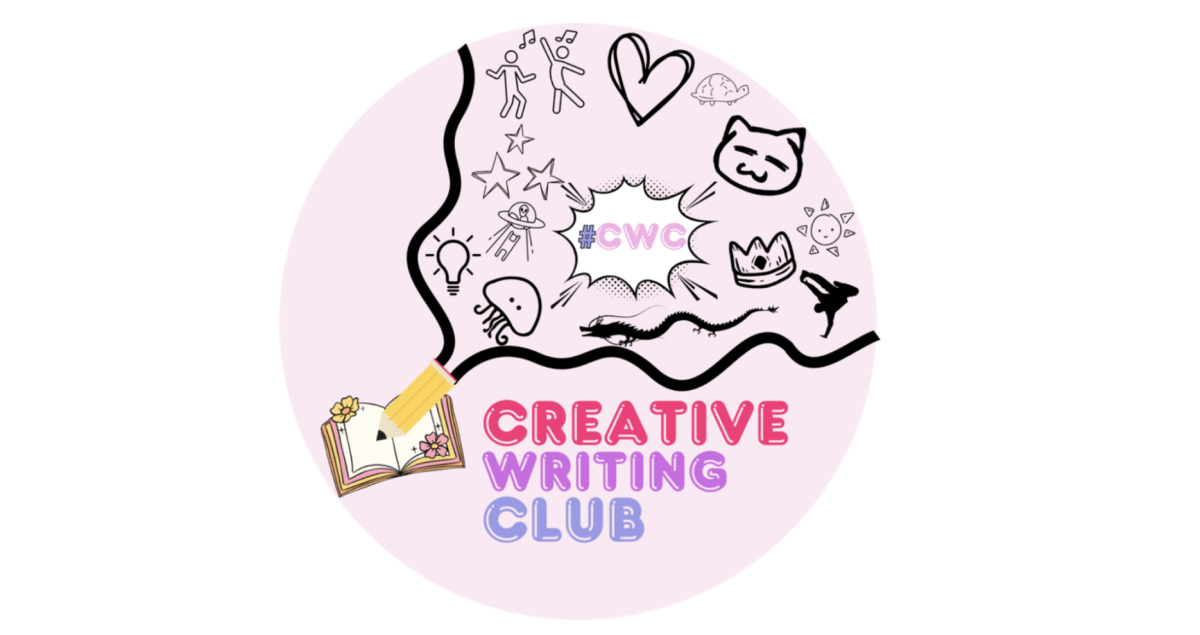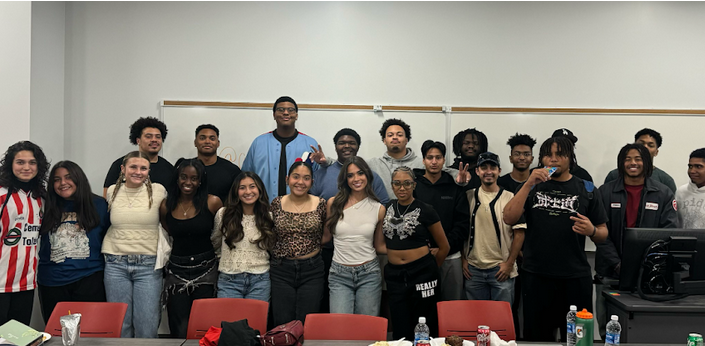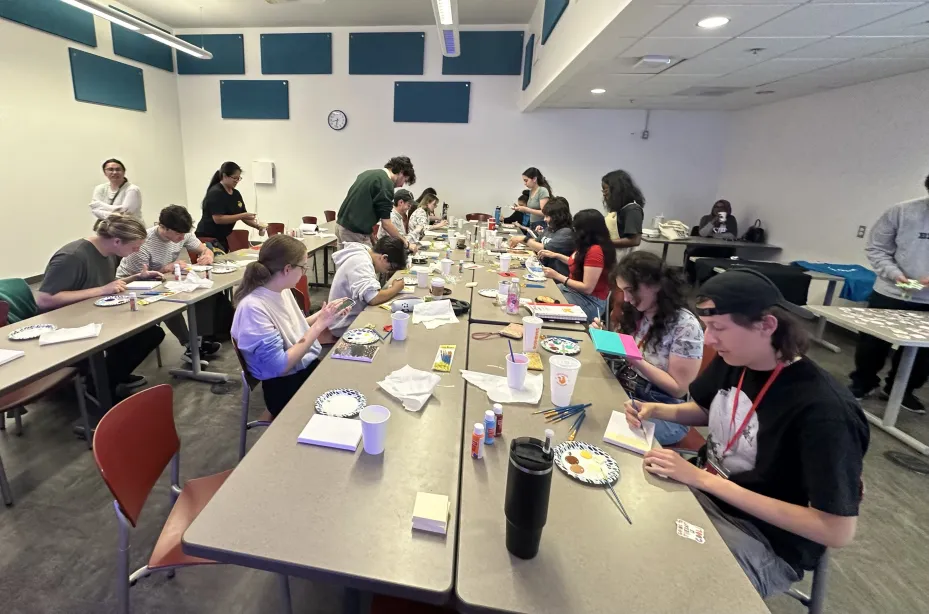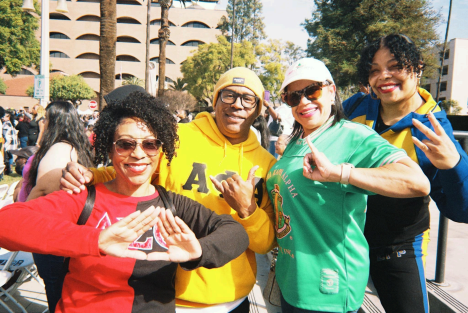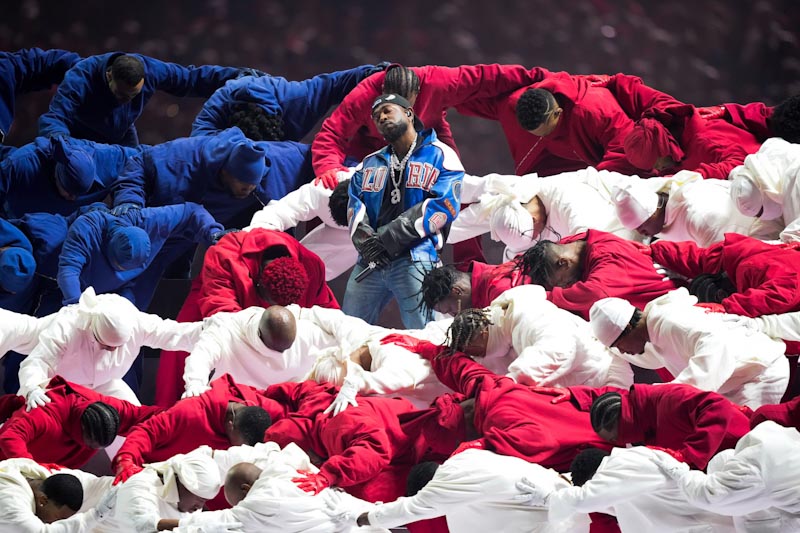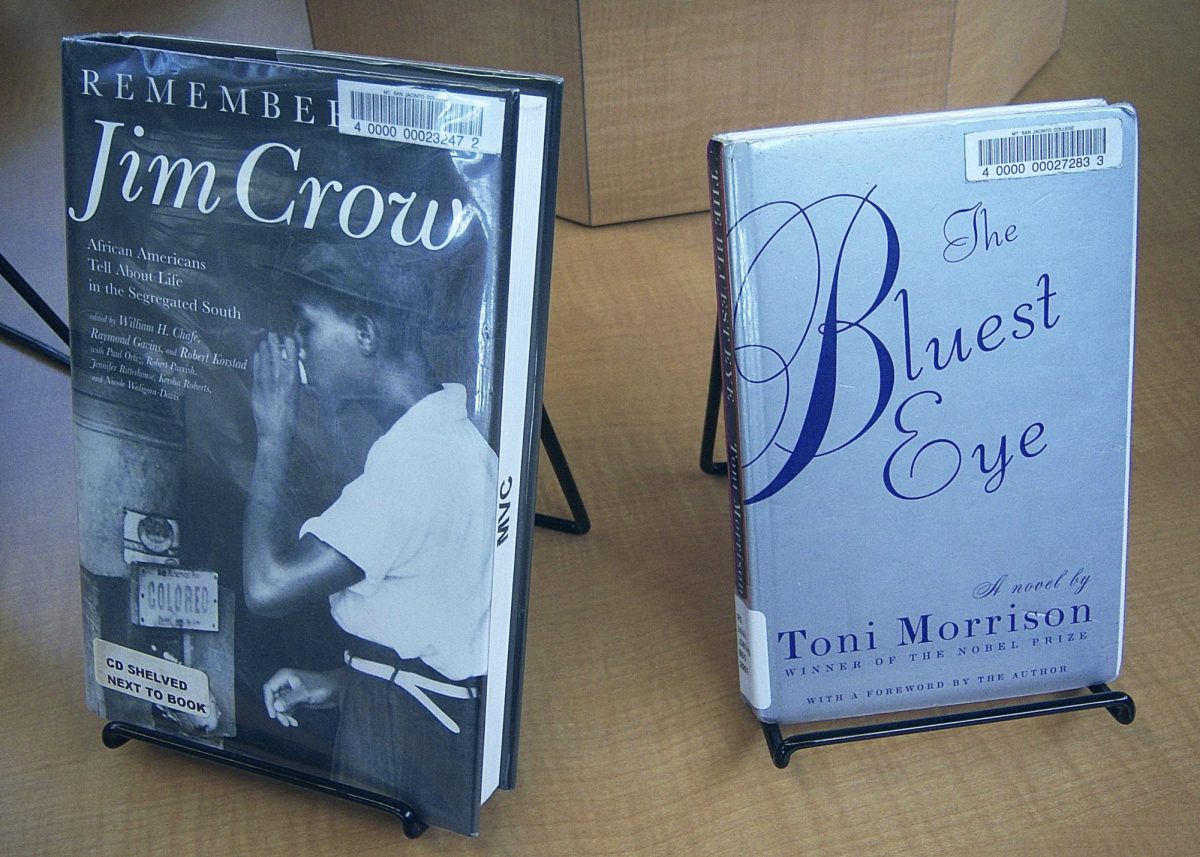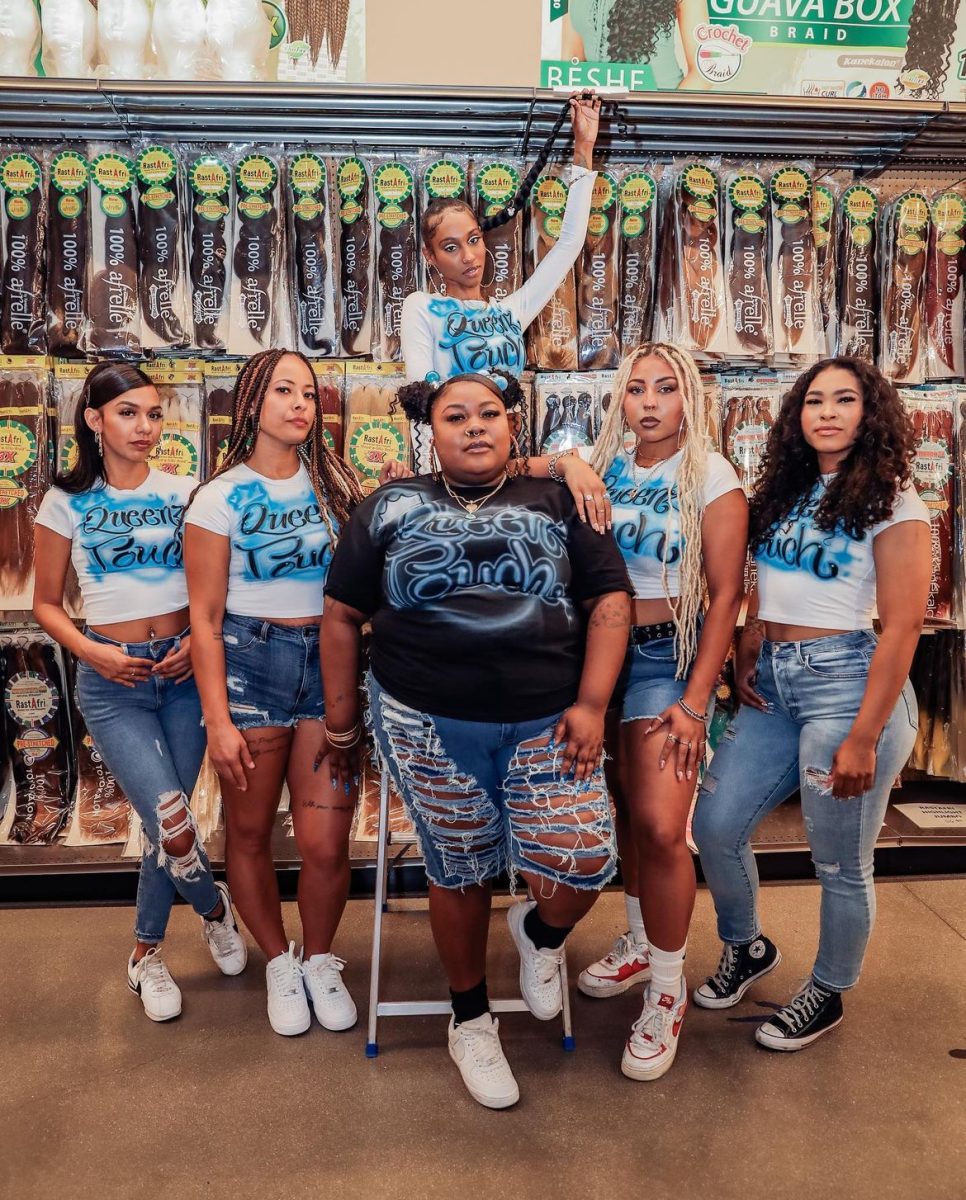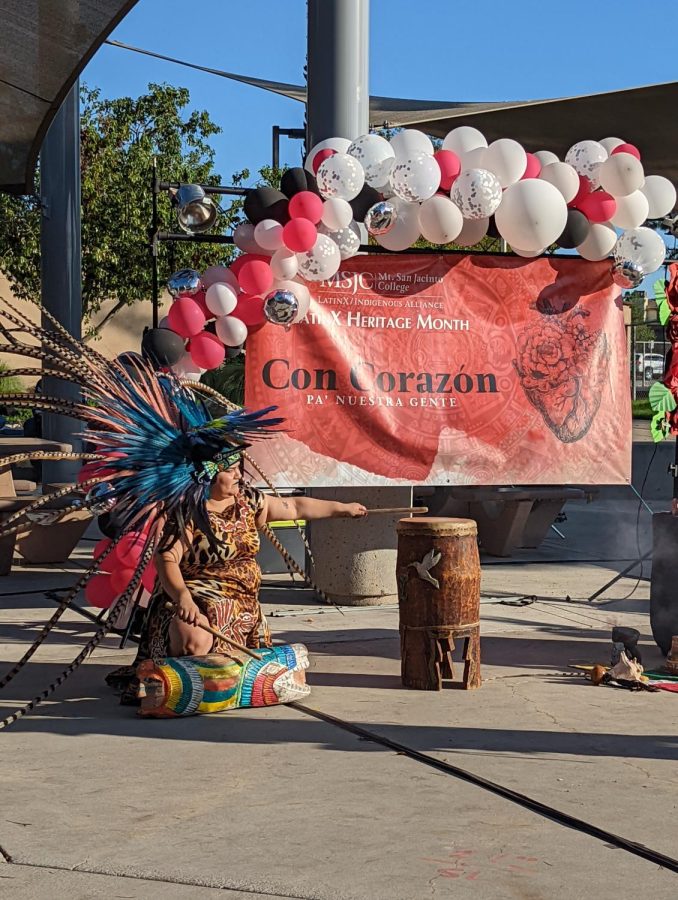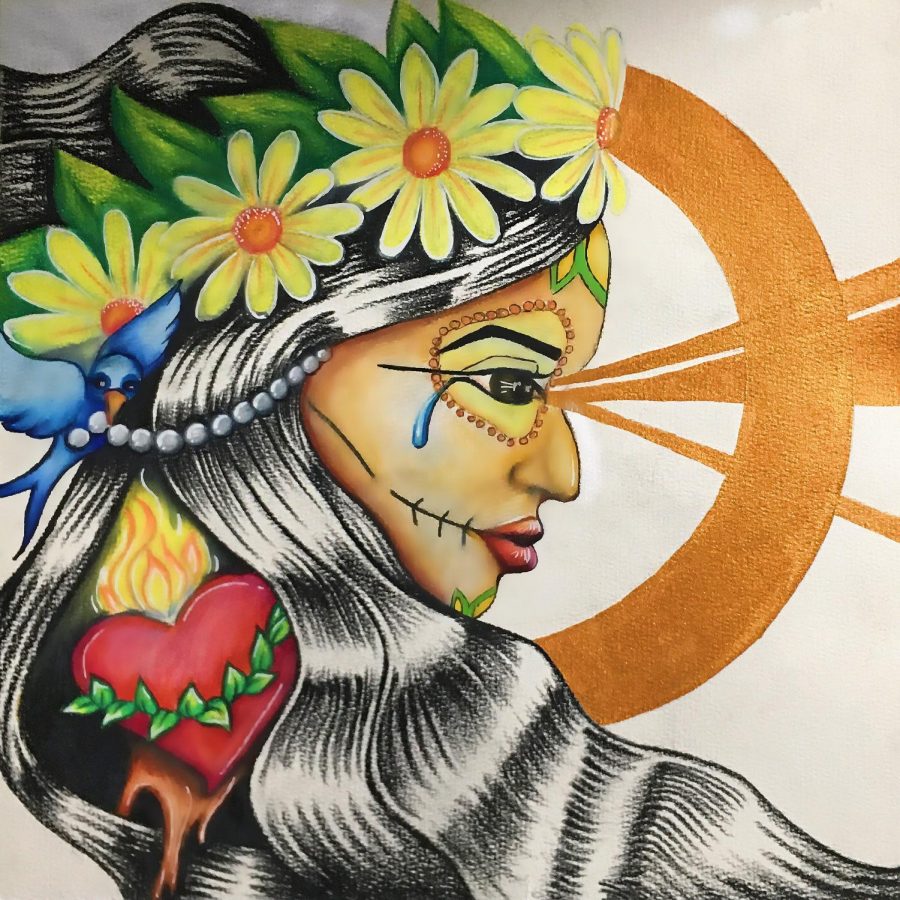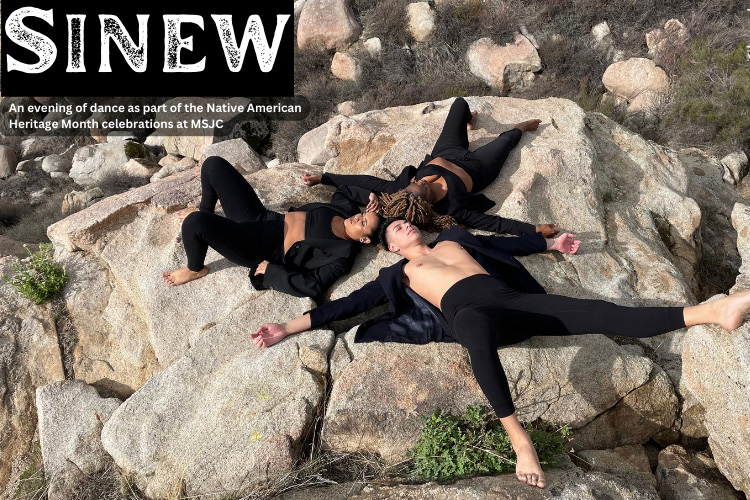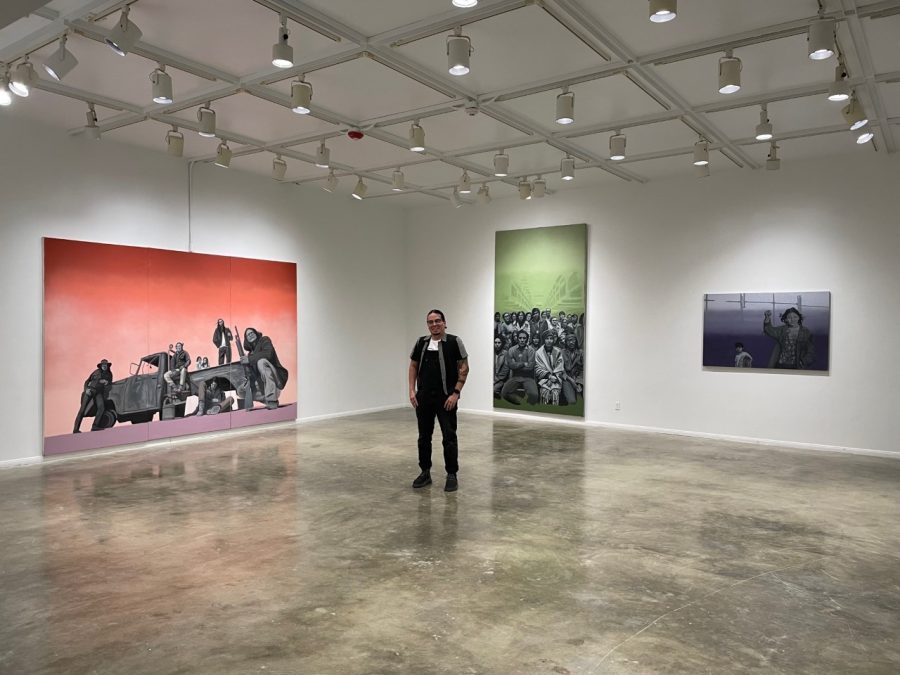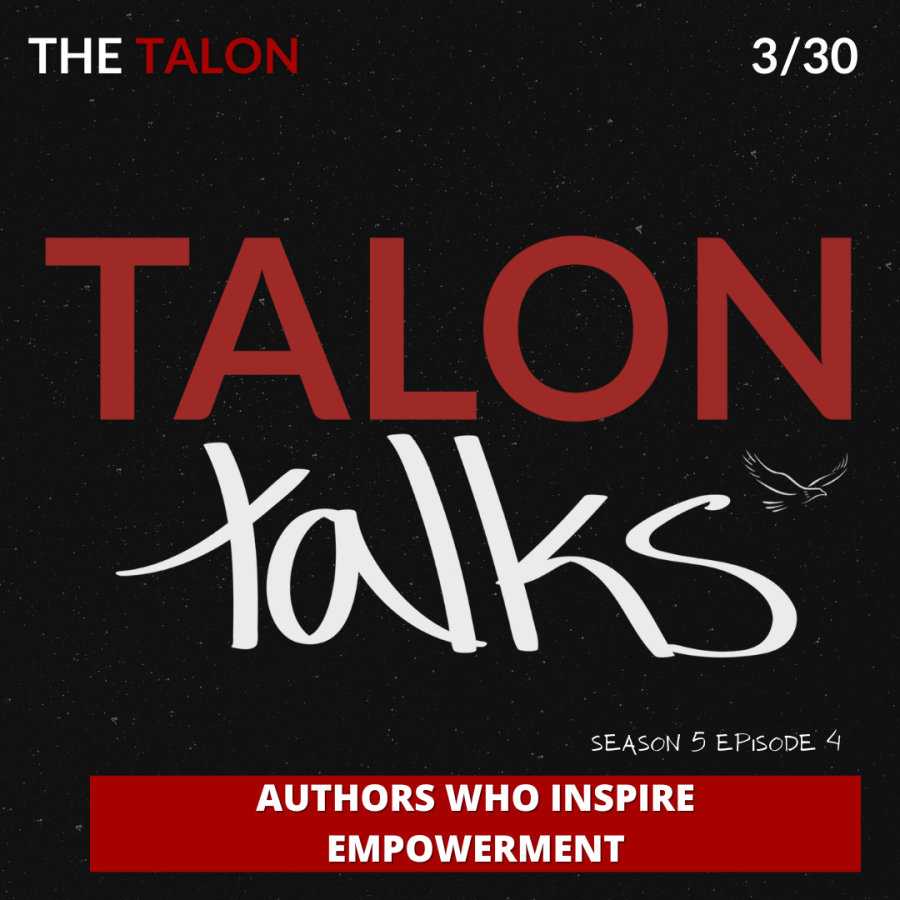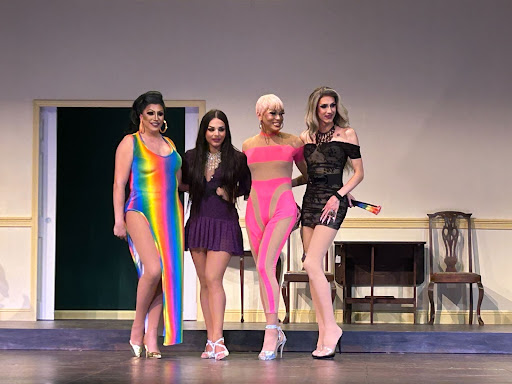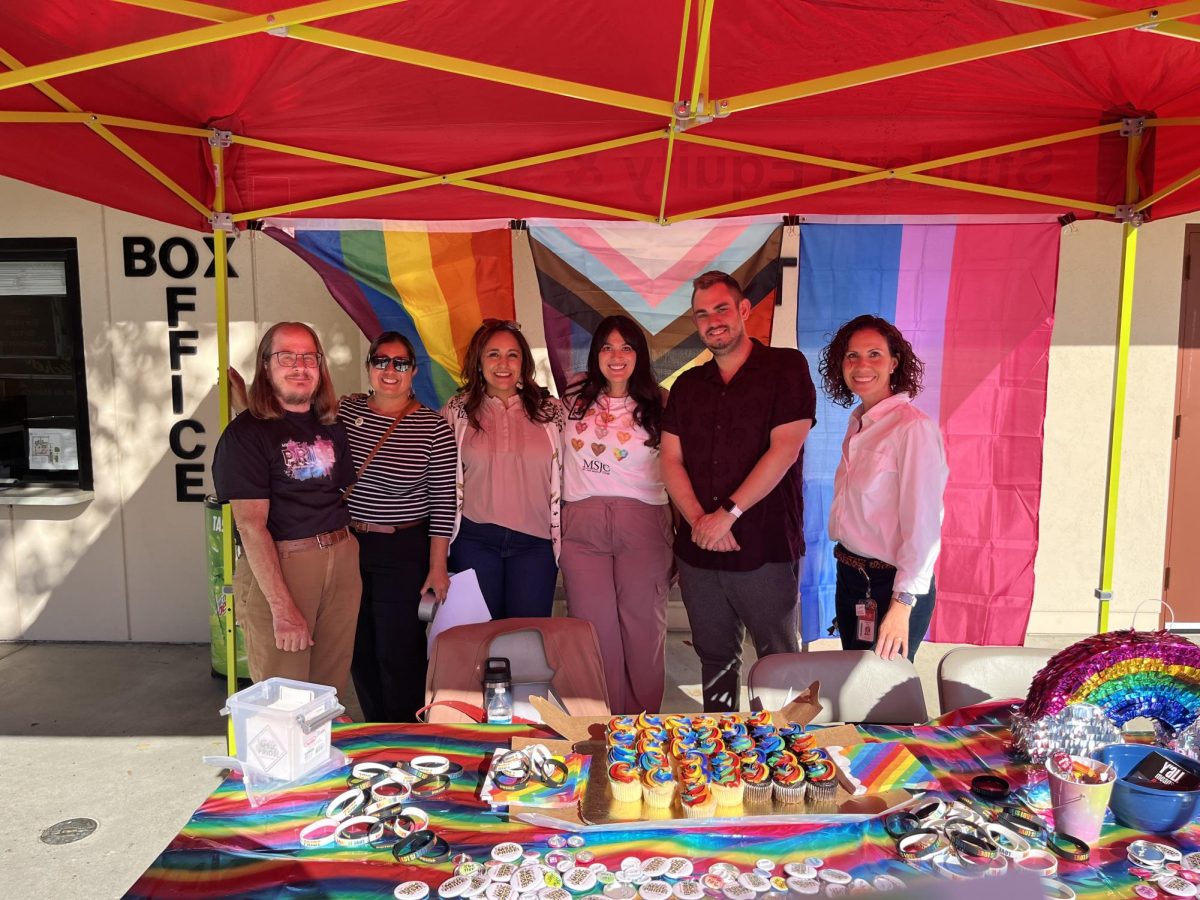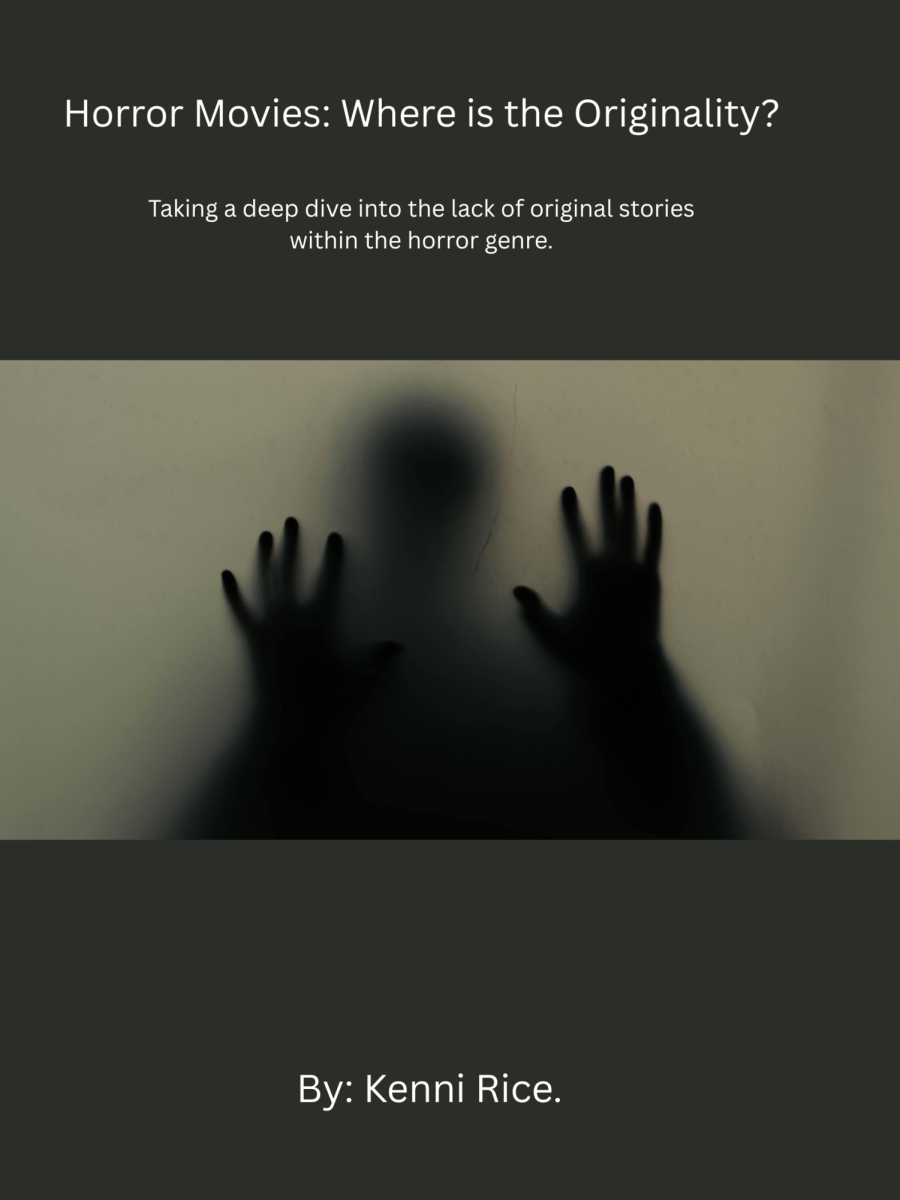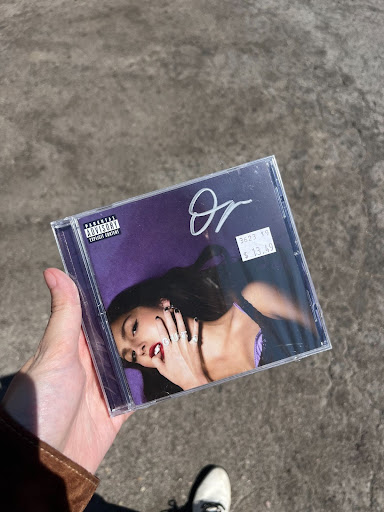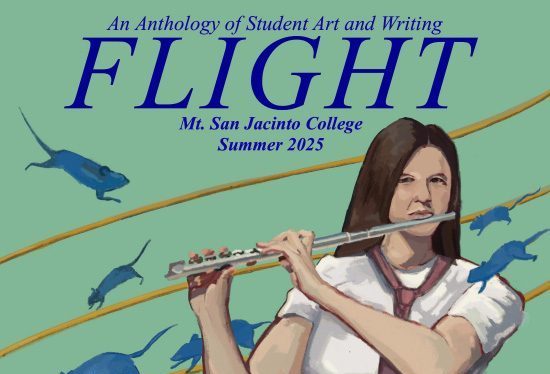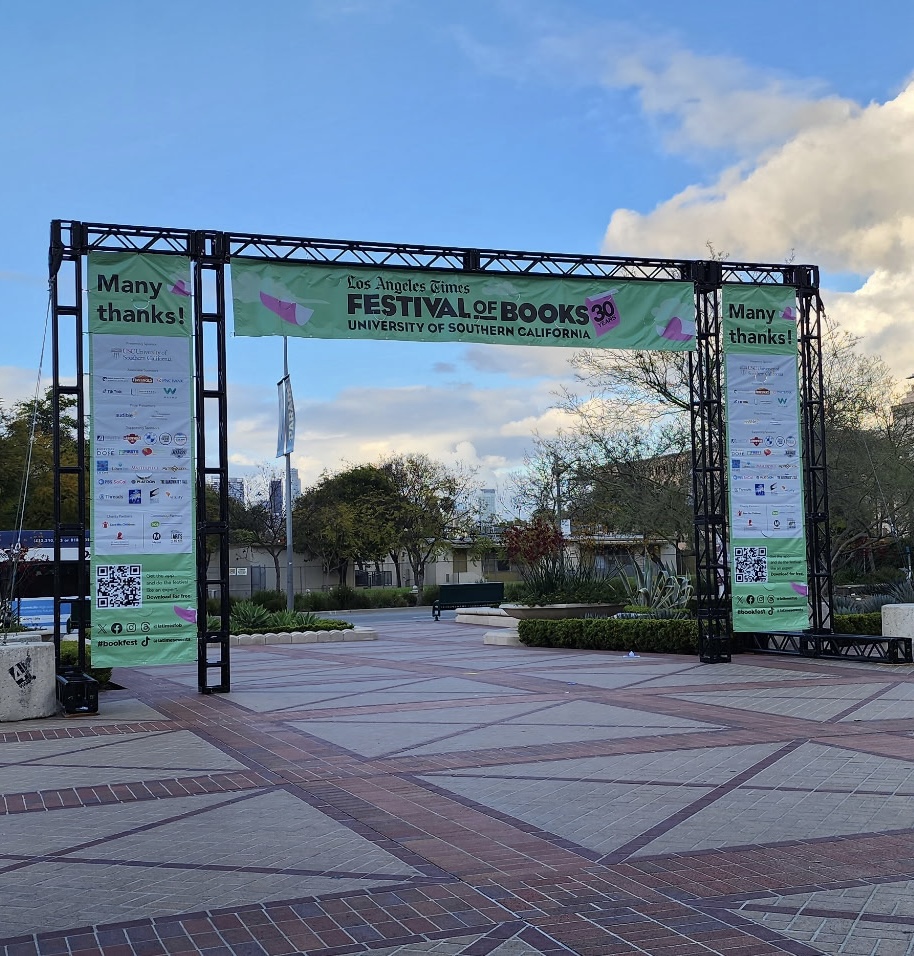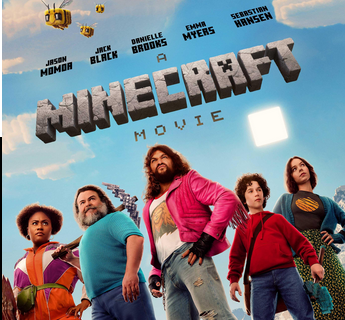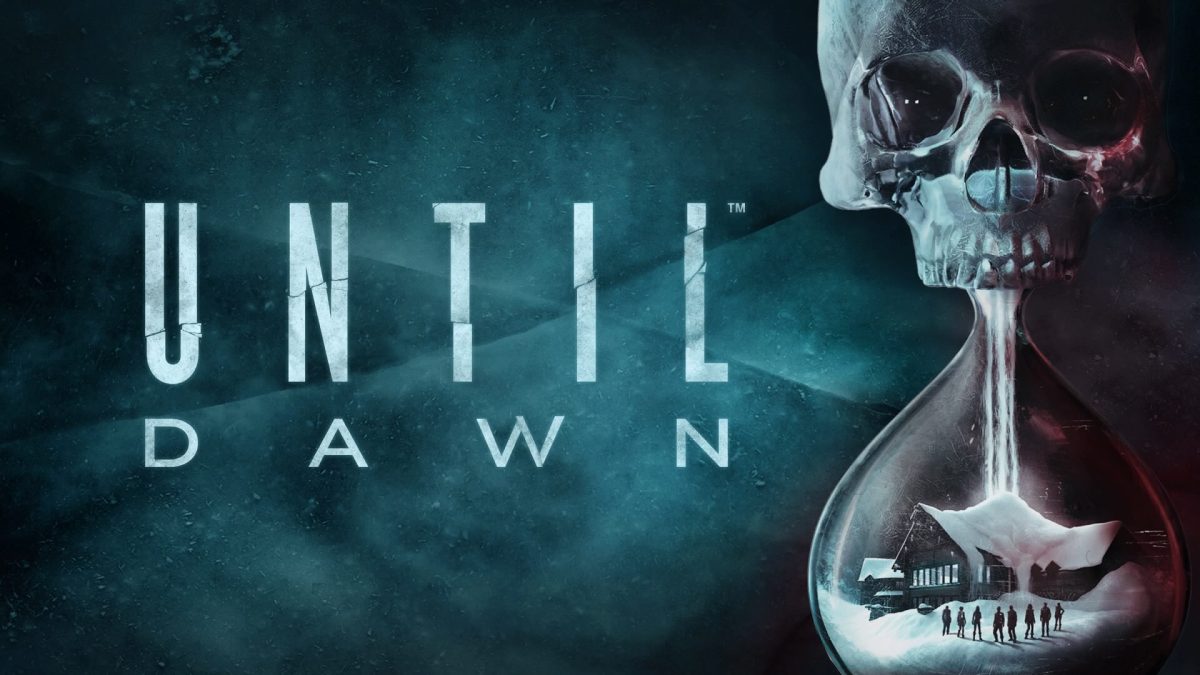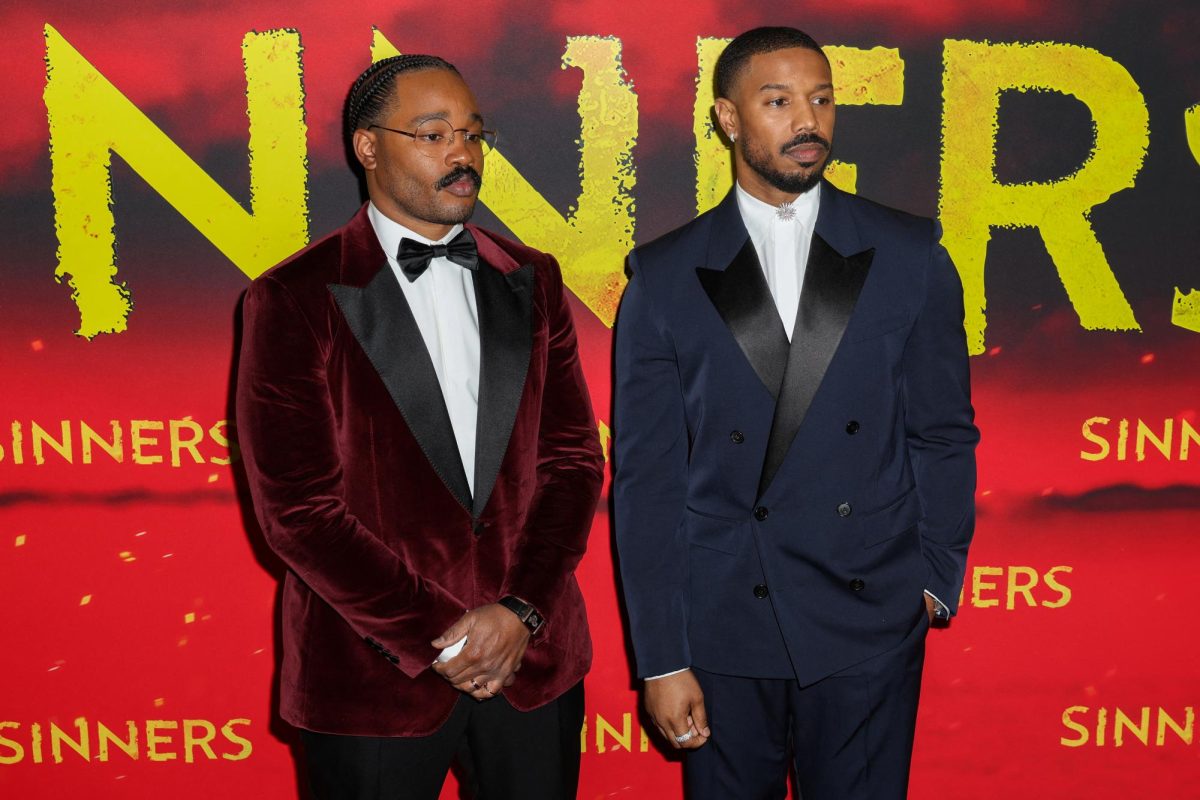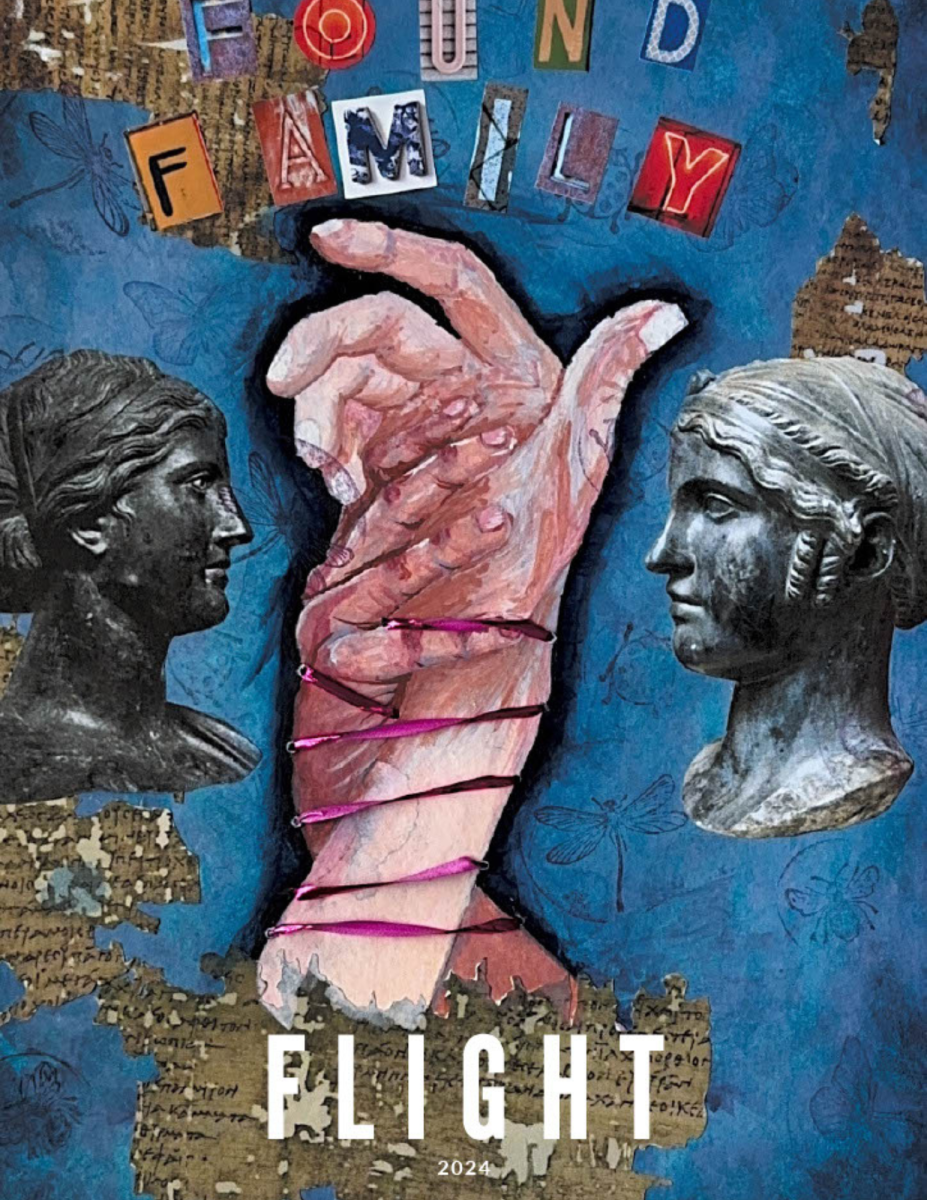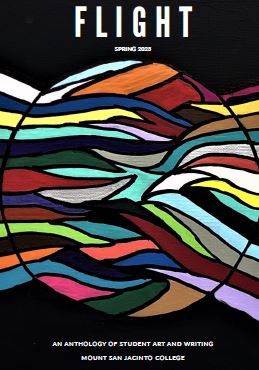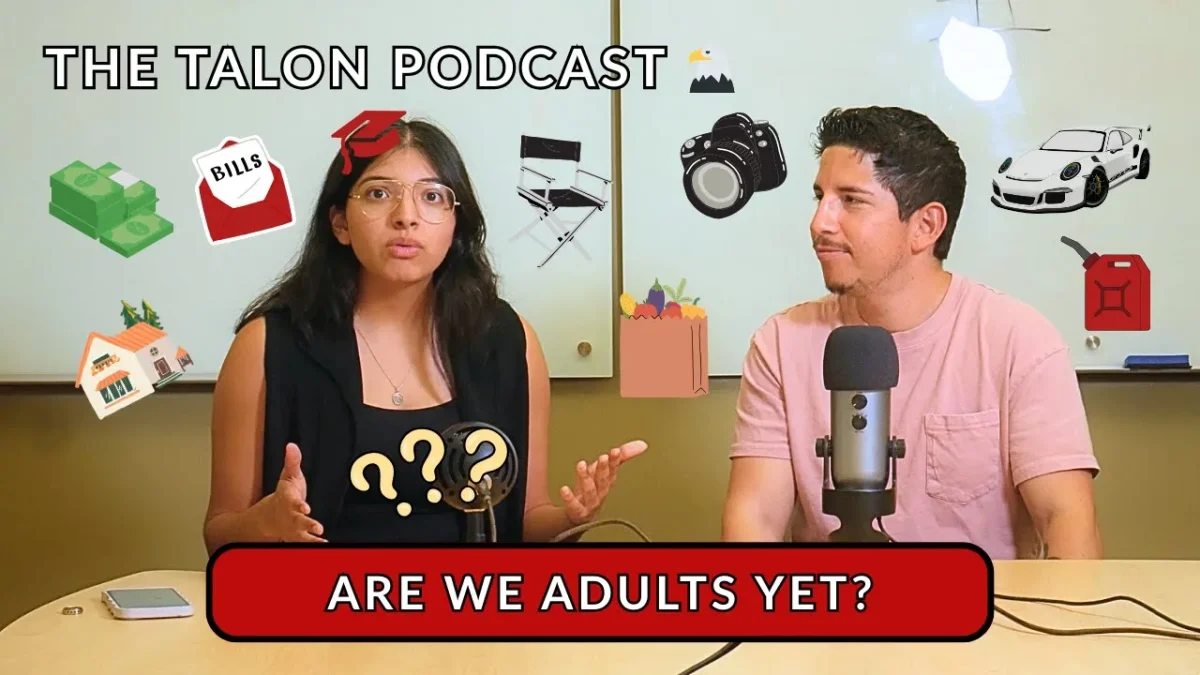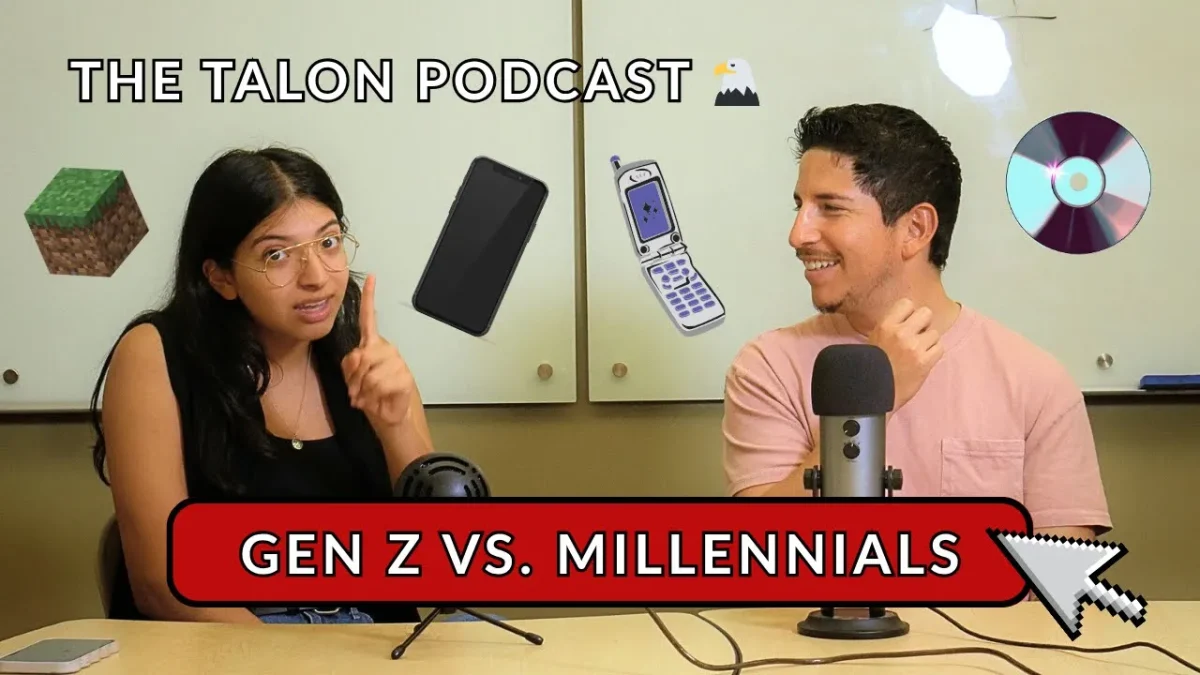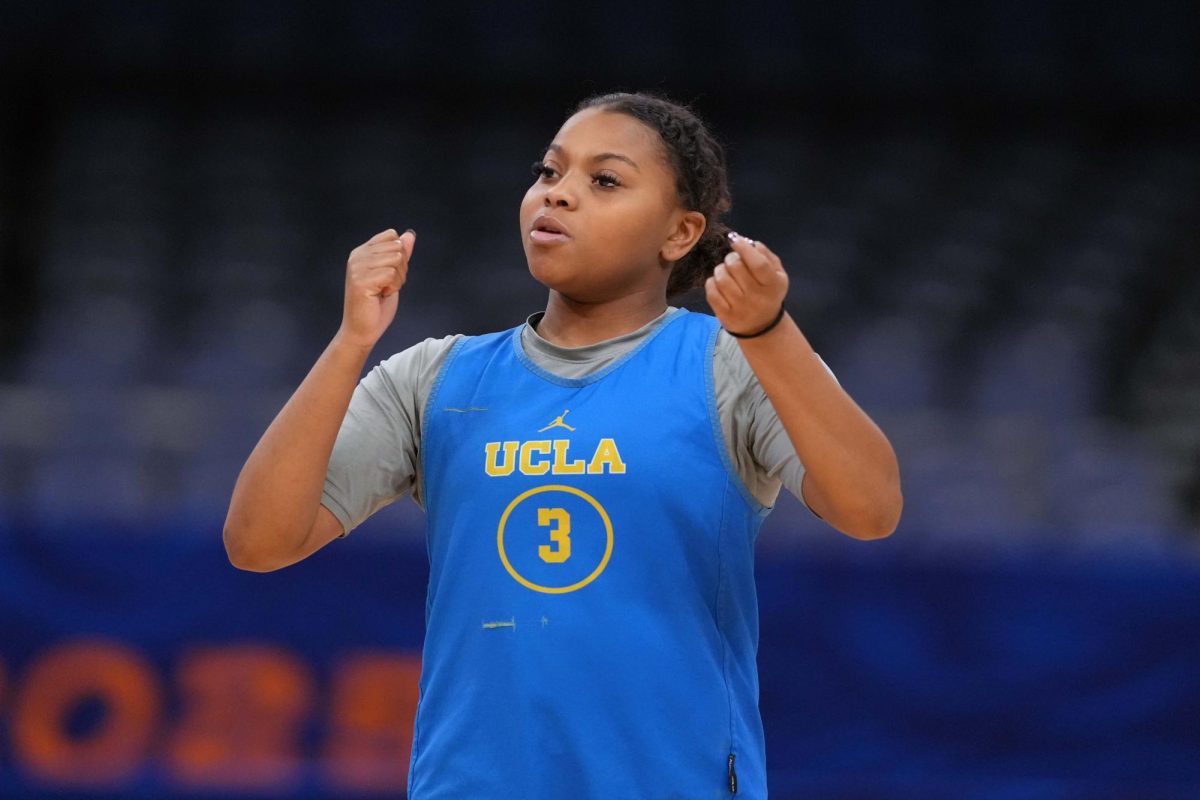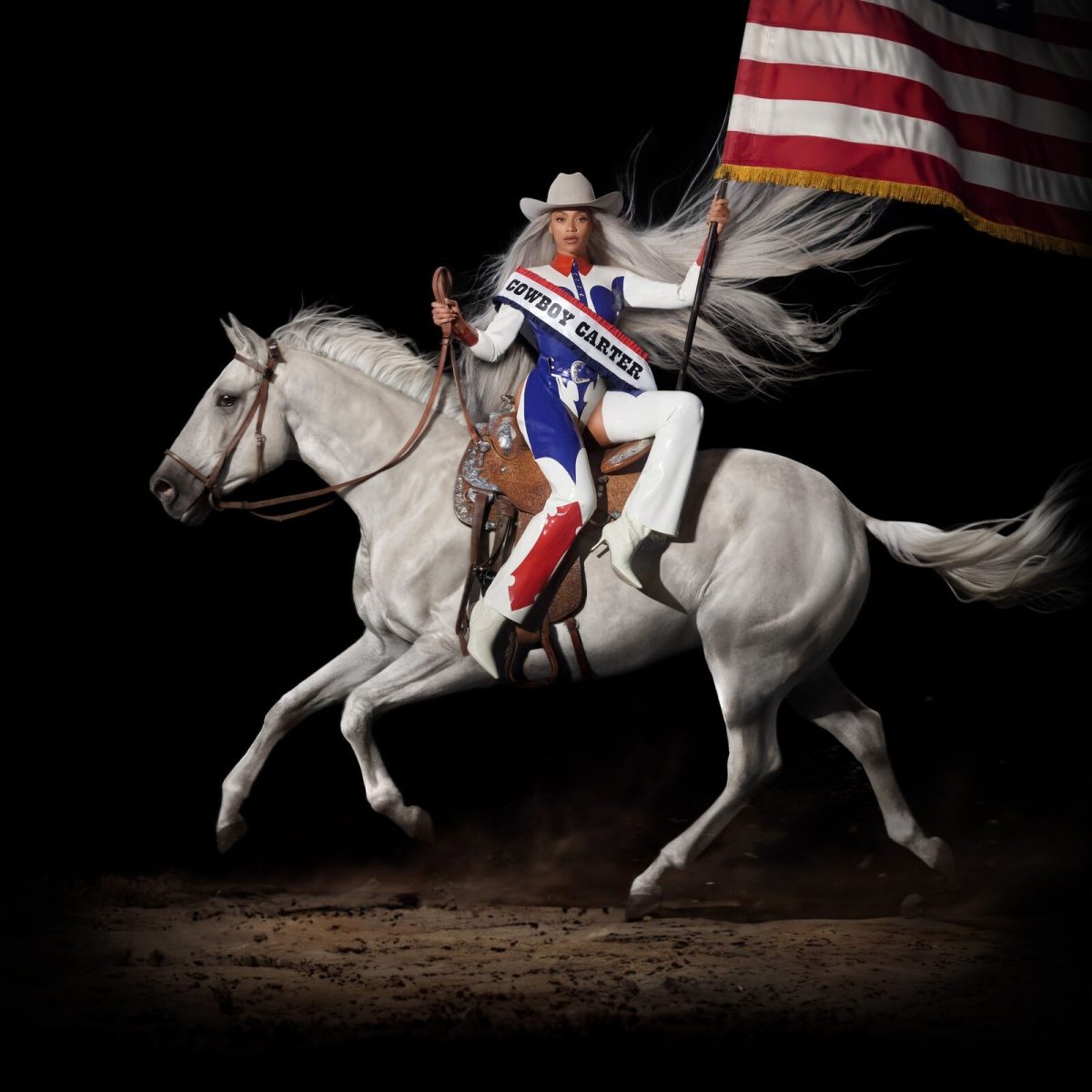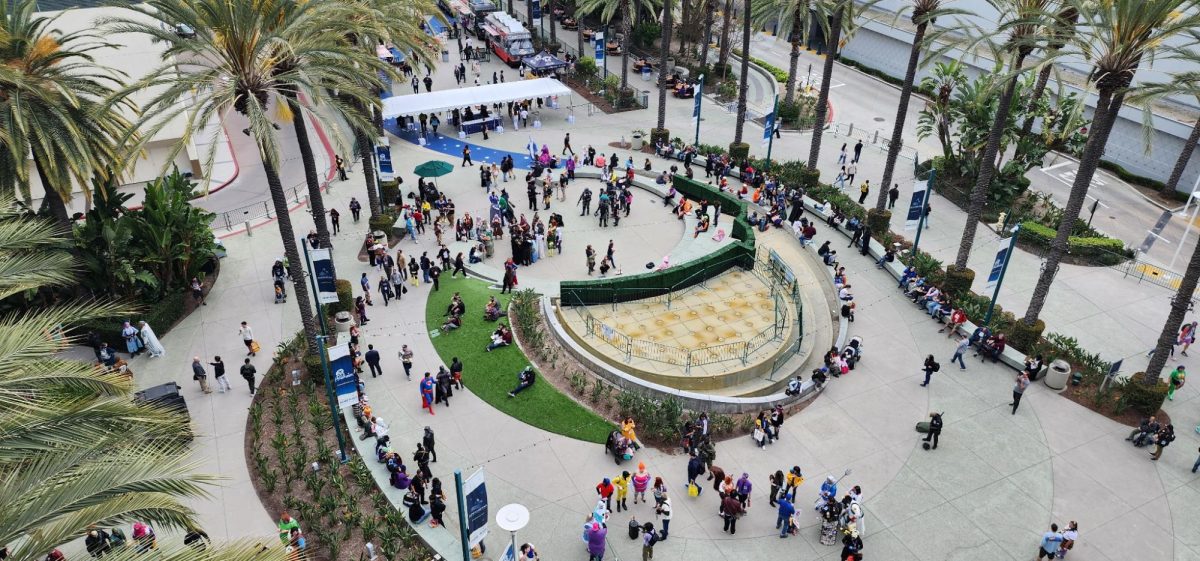The much-anticipated Act II: Cowboy Carter was released on March 29th,2024. It is a continuation of Beyoncé’s three-act project, beginning with Act I: Renaissance. Speculated to be a country album, Cowboy Carter spans a variety of genres, from rock and opera to rap, telling the country-inspired story of her “Cowboy Carter” character, a criminal on the run from the law.
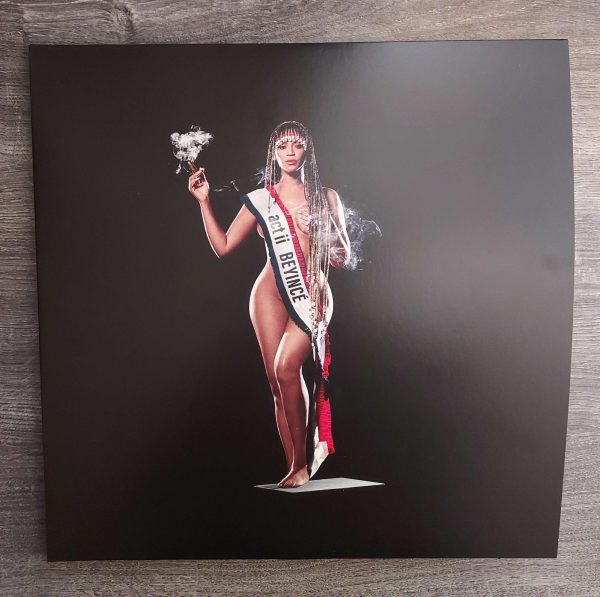
Upon release, it debuted at no. 1 on the Billboard 200 Albums chart with 407k units sold, the largest debut of 2024 at the time. The album debuted at no. 1 on Billboard’s Top Country Album and the Americana/Folk Album chart. Although the album is called Cowboy Carter, much of the merchandise refers to it as Act II: Beyincé, “Beyincé” being her mother’s maiden name.
This era was kicked off by the release of her two singles, “Texas Hold ‘Em” and “16 Carriages”, both released the day of the Super Bowl on Feb. 11 following a Verizon partnership. Texas Hold ‘Em is playfully upbeat and the most stable hit of the era, being one of the most faithful songs on the album to the country genre. Conversely, 16 Carriages sonically borrows more rock elements, and the song follows Beyoncé’s career going as far back as the formation of Destiny’s Child; the 16 Carriages theorized by fans to be representative of the 16 years of her childhood she had herself, or the 16 years since she began her solo career in 2003; as Beyoncé has stated she wrote the majority of these songs before the pandemic had begun.
The album was heavily influenced by Beyoncé’s Lemonade album, released in 2016, and the entire era surrounding it. Themes of infidelity and motherhood from that record make their way into Cowboy Carter, specifically in the songs “Protector,” “My Rose,” “Tyrant,” and her cover of the Dolly Parton classic “Jolene.” Beyoncé has gone on record explaining that Cowboy Carter was meant to be the first act of the trilogy. However, she changed her mind and decided to release Renaissance instead, explaining, “I was initially going to put Cowboy Carter out first, but with the pandemic, there was too much heaviness in the world. We wanted to dance. We deserved to dance. But I had to trust God’s timing.”
Most importantly, this album was created from the conversation that began after her “Daddy Lessons” performance from her album Lemonade at the Country Music Awards. In the Instagram post revealing the album’s name, she writes, “[This album] was born out of an experience that I had years ago where I did not feel welcomed…and it was very clear that I wasn’t.” The performance has gone viral on social media for the cuts to several audience members looking extremely upset and angered by Beyoncé’s presence, with some audience members recounting others’ racist comments throughout it. Despite this, Beyoncé used it as a learning experience, saying, “…because of that experience, I did a deeper dive into the history of Country music and studied our rich musical archive…The criticisms I faced when I first entered this genre forced me to propel past the limitations that were put on me. Act II is a result of challenging myself and taking my time to bend and blend genres together to create this body of work.” The album, in its entirety, seems to address this racist side of country music, often utilizing it to have broader conversations about the United States of America and its racist past.
The album directly addresses the event with a song difficult to categorize into a genre, “Ameriican Requiem.” (Throughout the album, many song titles with an ‘i’ have it repeated, mirroring the stylization of “Act II”).
“Nothing really ends, for things to stay the same they have to change again.”
Fans have interpreted this to be an allegory for racism, with Beyoncé stating that it never goes away, only changing form as it evolves with the times. Where racism may have looked different in the past, it has shifted in the present day.
“There’s a lot of talking going on while I sing my song. Can you hear me? I said, ‘Do you hear me?’” “Salty tears beyond my gaze, can you stand me? Can we stand?”
The “talking” here seems to either be the literal talking and derogatory comments said during the performance or the larger discourse around her presence in the first place. The “salty tears” can be interpreted as the woes of the people undermining her, with her literally asking if they can stand her and then making the witty comment, “Can we stand?” seemingly asking if they can respect her and stand up during her performance.
“They used to say I spoke ‘too country,’ and the rejection came, said I wasn’t ‘country ‘nough.’”
These lyrics are essentially Beyoncé’s thesis. At the beginning of her career, she was called “too country” when she was a part of Destiny’s Child, and now that she is exploring and expressing these roots, she is called “not country enough.” No matter what she does, she expresses that she always seems to garner criticism from either side that she will never be “enough.”
While other songs may not directly address the CMA performance, they dive much deeper into the rich history of country music and the deep-rooted racism in the industry. Beyoncé, despite the backlash she has received, seems hopeful for the next generation of black artists.
“My hope is that years from now, the mention of an artist’s race, as it relates to releasing genres of music, will be irrelevant.”
Act II: Cowboy Carter is available for streaming on all streaming services.



